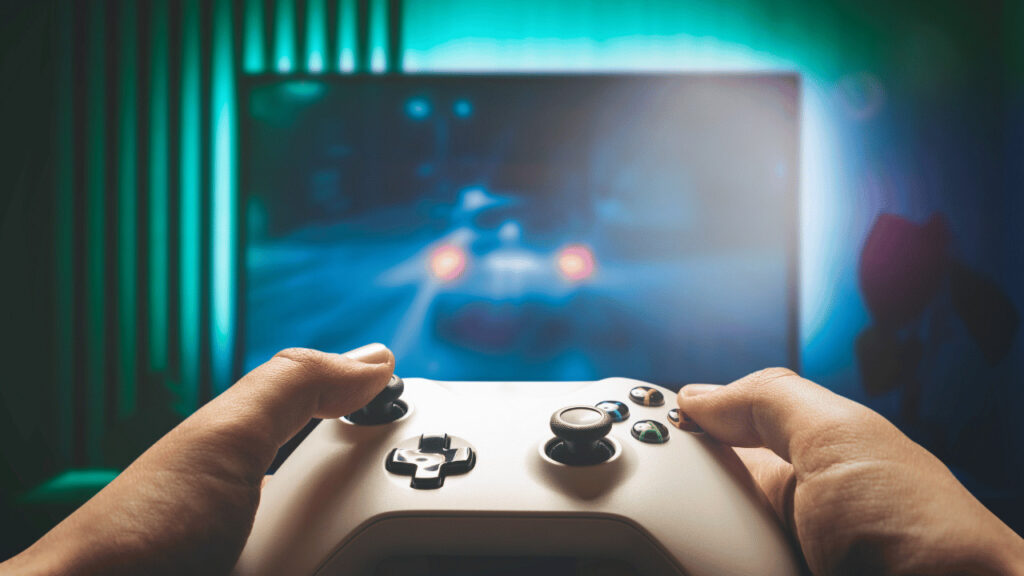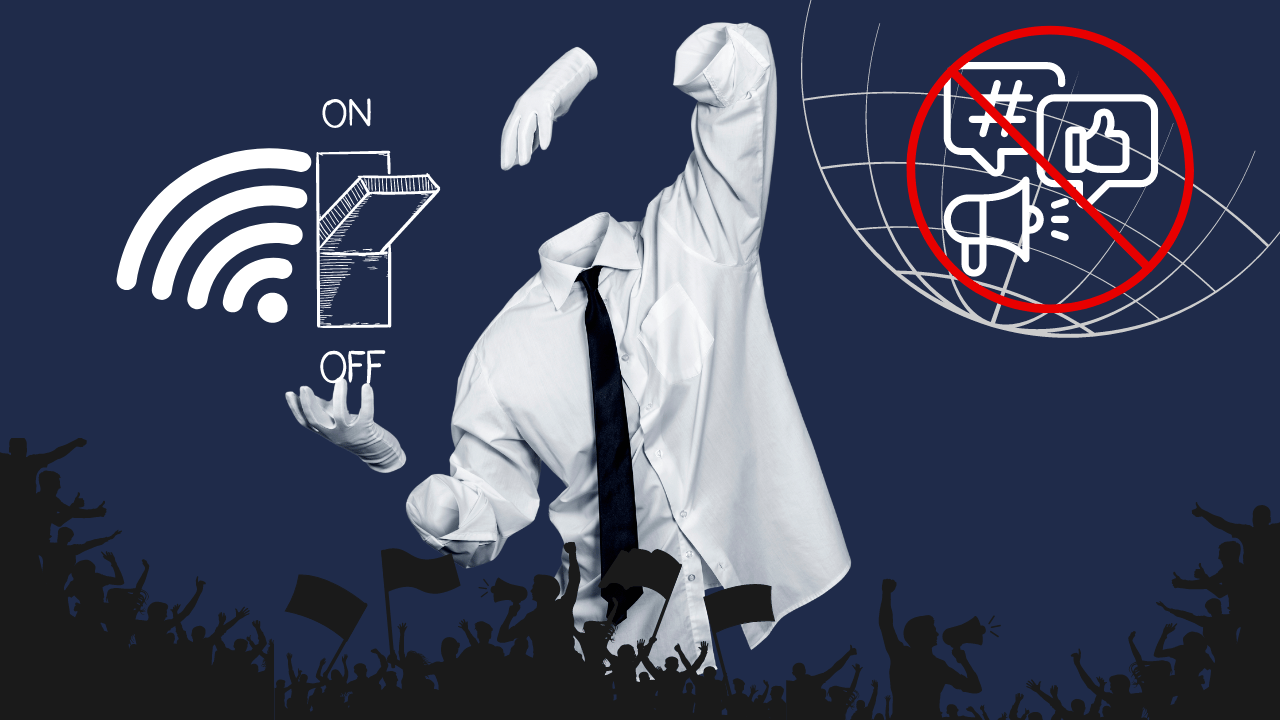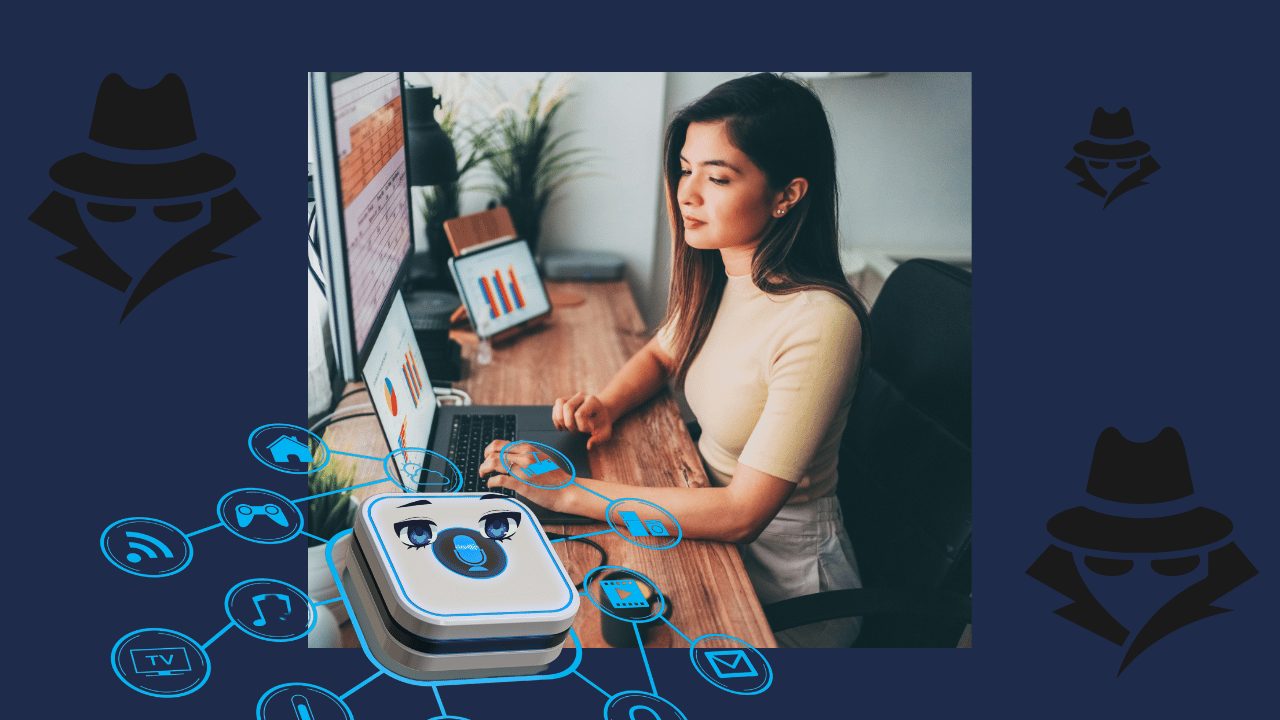In the digital age, video games have evolved beyond mere entertainment to become complex virtual worlds where millions of players interact daily. While these immersive experiences offer an escape from reality, there’s a growing concern about the dangers of manipulation and surveillance within the gaming industry. In this blog post, we’ll delve into the subtle threats posed by these practices and their potential impact on players.
Video game developers are skilled in the art of crafting engaging and addictive experiences, using psychological principles to keep players hooked. However, some game design choices go beyond entertainment and veer into the realm of manipulation. This can include the strategic placement of in-game purchases, loot boxes, and other microtransactions designed to exploit players’ impulses and encourage excessive spending.
Furthermore, game mechanics often leverage reward systems that trigger the release of dopamine, the brain’s pleasure chemical. As players become engrossed in the pursuit of rewards, they may unknowingly fall victim to manipulative tactics that keep them playing for longer periods, impacting their mental well-being and daily lives.
And even if that will be enough for me to tell you to avoid this games, with you and your family at home for the holidays is time to tap into the hidden secrets of your favorite games: a privacy review of Mario the popular games: Mario Kart, Minecraft and Pokemon.
Surveillance in Gaming
The rise of online multiplayer games has ushered in an era of constant connectivity, enabling developers to collect vast amounts of player data. While this data can be valuable for improving gaming experiences, it also raises concerns about surveillance and privacy. Many players may be unaware of the extent to which their actions and interactions within the virtual world are monitored.
Game companies often track player behavior, preferences, and even social interactions. This surveillance can be used for targeted advertising, creating personalized experiences, and, in some cases, selling data to third parties. The fine line between enhancing user experience and violating privacy rights is a concern that requires careful consideration.
Nintendo owns Mario Kart and Pokemon, and this two video games collect user data, and if you disable it, they can turn it back on. Also, it has a paid plan that is not accessible to everyone economically.
Minecraft is owned by Microsoft. If this is not enough, you need a Microsoft account to play Minecraft since March 11th, 2022. Microsoft locks accounts some time not long after account creation and forces the user to provide a phone number.
Also, it is tied to the Microsoft privacy terms which are a privacy nightmare.
Real-world Implications
The dangers of manipulation and surveillance within video games extend beyond the gaming realm. Excessive manipulation can lead to financial strain, as players succumb to the allure of in-game purchases. The impact on mental health is also a significant consideration, as the addictive nature of certain games can contribute to stress, anxiety, and even addiction.
Moreover, the surveillance of players’ activities raises questions about the erosion of personal privacy. The potential misuse of collected data poses risks beyond gaming, with the information possibly falling into the wrong hands or being exploited for nefarious purposes.
#PRVCYTips
Instead of playing with your Digital ID, check this open source, free video games.
- 1. SuperTuxKart -Dive into the exhilarating world of SuperTuxKart, a 3D open-source arcade racer boasting a diverse array of characters, tracks, and gameplay modes.
- 2. Pokete – Embark on a nostalgic journey with Pokete, a compact terminal-based game reminiscent of a classic title from Gamefreak, designed for a charming and retro gaming experience.
- 3. Minetest – Unleash your creativity in Minetest, an open-source voxel game engine packed with a myriad of features to fuel your gaming imagination.
- 4. Mineclone5 – Explore the enhanced realm of Mineclone5, the latest iteration of MineClone2, a dedicated effort to replicate the beloved Minecraft experience within the Minetest platform.
As the video game industry continues to thrive, it is crucial to recognize and address the dangers of manipulation and surveillance within these virtual realms. Developers must prioritize ethical game design that fosters a healthy balance between engagement and well-being. Players, on the other hand, should be aware of the potential risks and advocate for transparency and privacy rights within the gaming community.
By fostering an open dialogue about these issues, the gaming industry can evolve responsibly, ensuring that players can enjoy immersive experiences without falling prey to manipulation and compromising their privacy. Ultimately, a conscientious approach to game design and data handling will contribute to a gaming landscape that prioritizes the well-being and autonomy of its players.












